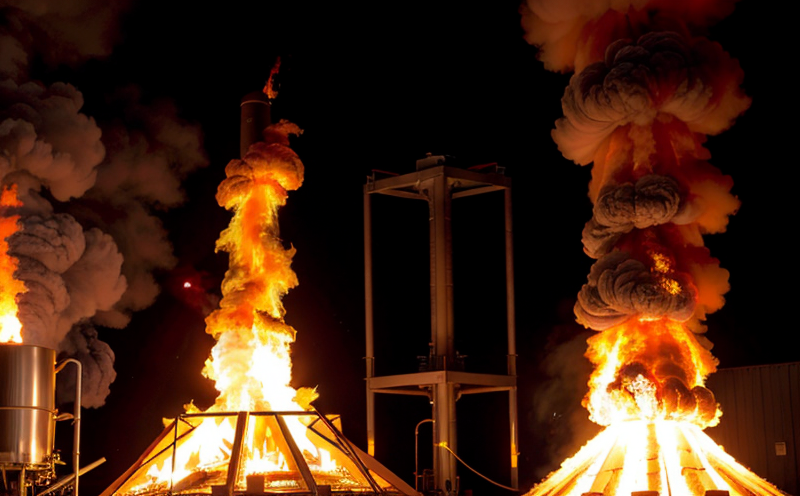Frozen Food Chemical Safety Testing
The safety of frozen food products is paramount to consumer health and satisfaction. Ensuring that these foods are free from harmful chemicals and additives is crucial in maintaining public trust and compliance with regulatory standards. This service focuses on the rigorous testing required to guarantee the chemical integrity of frozen food items, ensuring they meet international safety benchmarks.
Our team conducts comprehensive analysis using state-of-the-art equipment and methodologies that adhere strictly to global standards such as ISO 17025 and ASTM E1388. This ensures our results are accurate, reliable, and widely accepted by regulatory bodies worldwide. We offer a full suite of tests including but not limited to residue detection for pesticides, heavy metals, preservatives, and other contaminants.
The process begins with meticulous sample preparation where we carefully select representative samples from various batches or production runs. This step is critical as it directly impacts the validity of subsequent analytical results. Once prepared, our experts employ advanced techniques like high-performance liquid chromatography (HPLC), gas chromatography-mass spectrometry (GC-MS), and atomic absorption spectroscopy to detect trace amounts of potentially harmful substances.
Our testing protocols are designed not only to identify existing contaminants but also to assess the potential for chemical reactions during storage. This includes evaluating the stability of ingredients under freezing conditions, which can sometimes lead to unintended by-products or degradation products that may pose risks to human health. By understanding these dynamics, we provide valuable insights into product design and formulation adjustments.
We understand that frozen food manufacturers need more than just test results; they require actionable intelligence. Our reports are detailed yet user-friendly, highlighting areas where improvements can be made while offering recommendations based on our findings. This proactive approach helps companies stay ahead of regulatory changes and market demands. Furthermore, by partnering with us early in the product development lifecycle, businesses can avoid costly recalls and brand damage associated with unsafe products.
Consumer trust is built upon transparency and accountability. Through robust chemical safety testing, we contribute to creating safer frozen food options that consumers can enjoy without worry. Our commitment to excellence ensures that every test conducted contributes towards enhancing overall food quality and safety standards globally.
Customer Impact and Satisfaction
Maintains consumer trust in frozen food products by ensuring they meet stringent safety requirements.
Aids manufacturers in maintaining brand reputation through consistent quality control measures.
Our services play a crucial role in enhancing the overall safety and reliability of frozen food items, thereby fostering greater customer confidence. This not only benefits individual consumers but also contributes to broader public health initiatives aimed at reducing adverse effects from chemical exposure.
Use Cases and Application Examples
Testing raw materials used in the production of frozen meals for pesticide residues before processing.
Conducting post-processing analysis to verify that final products contain safe levels of preservatives and other additives.
Evaluating packaging integrity during cold storage conditions to prevent migration of unwanted chemicals into the food contents.
These examples illustrate how our testing plays a vital role in safeguarding frozen foods from contamination risks. By adhering strictly to international standards, we ensure that every aspect of frozen food production meets the highest safety standards.
Environmental and Sustainability Contributions
In addition to ensuring product safety, our chemical testing services also contribute positively towards environmental sustainability efforts by identifying harmful substances early in the supply chain. By detecting contaminants at their source, we help minimize waste generation and reduce the need for costly remediation efforts later on.
Moreover, by promoting best practices through our consultation services, we encourage manufacturers to adopt greener manufacturing processes that reduce resource consumption and promote recycling opportunities within the industry. These actions collectively contribute towards a more sustainable approach to frozen food production and distribution.





